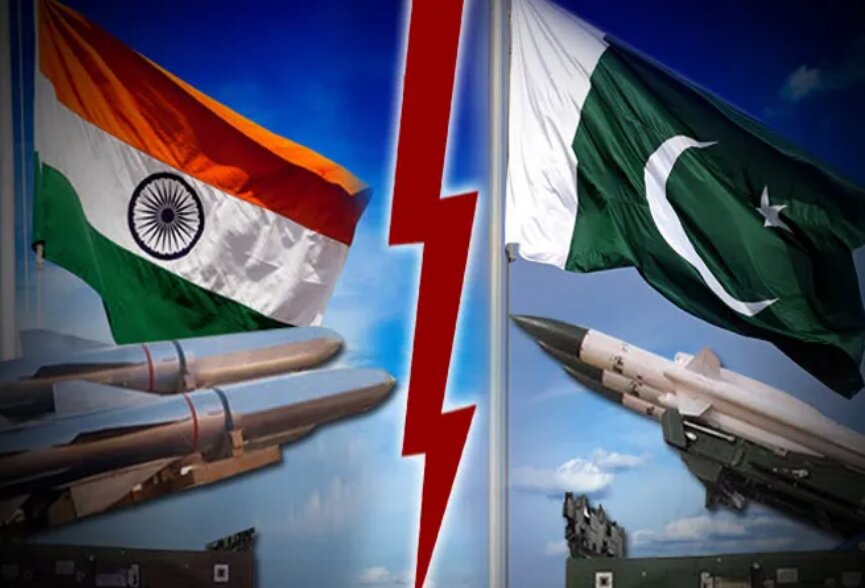Tehran – A sporadic military conflict between India and Pakistan could lead to a full-scale war between two nuclear-armed neighbors.
The clash was caused by a fatal attack in Pahargam in India-controlled Kashmir on April 22. The terrorist attacks killed 26 people, primarily Hindu tourists. India accused Pakistan of being involved, and Islamabad denied it and called for a neutral investigation. Flare-ups that put local safety at risk has sparked international concerns.
Earlier on Wednesday, India launched a series of target missile strikes in Pakistan’s Punjab, known as the “terrorist infrastructure” and Operation Sindore, known as the “terrorist infrastructure” in Pakistani Kashmir. The strike led to 26 deaths in Pakistan. India emphasized that the strike is “concentrated, measured and non-escalated” and that it intentionally avoids Pakistan’s military facilities to reduce escalation.
Pakistan claimed it had shot down five Indian Air Force jets during the exchange, reporting civilian casualties, including women and children, and denounced the strike as an “act of war.”
Both sides have been engaged in cross-border artillery fire since their first strike, with residents searching for shelter amid the explosion. India-controlled Kashmir’s Srinagar airport has been closed to private flights, with commercial airlines eschewing Pakistan’s airspace reflecting growing vigilance in the region.
Global diplomatic reaction
The international response to the incident was immediate. The UN Security Council met urgently and called for the greatest detention from both sides. The US and China, which have special ties with India and Pakistan, are seeking urgent dialogue. Russia has offered to mediate in light of historic defence relations with India. The European Union says it is concerned about humanitarian outcomes.
Iran also called for de-escalation and expressed concern over the outcome of the conflict in areas where tensions are already high. Iran even sent its foreign ministers to Pakistan and India to eliminate the situation.
However, Israel has incited the flames by publicly supporting India, saying that India has the right to protect itself.
Even in addition to this humanitarian concern, global security analysts warn that if it leads to a long-term conflict between India and Pakistan, the rising tensions could rekindle other problematic flashpoints as they can quickly escalate from international responses from global communities, and can highlight how other problematic flashpoints, or regional flashpoints, can escalate quickly.
Immediate economic turmoil
The conflict has brought great economic volatility, especially for Pakistan. The Karachi Stock Exchange has fallen 2,000 points a few hours after India began its strike, indicating investors’ panic. Although the Indian market was initially resilient, long-term conflicts could revoke recent gains. According to the historic precedent of the 2001-2002 standoffs, even in minor military conflicts, India and Pakistan cost around $1.8 billion and $1.2 billion to fly capital and depreciate currency, respectively.
Broader regional and global meanings
The India-Pakistan clash is threatening to destabilize South Asia, an area with over 1.8 billion people and an important global economic corridor. Disputes run the risk of disrupting international trade routes and energy supply, which could affect global commodity prices, particularly oil.
The rising military tensions raise the possibility of a tragic misunderstanding between two nuclear-armed states.
To avoid wider conflict, international stakeholders, including the United Nations and major powers, are urging de-expansion and communication. Supply chain disruption, refugee flows and investor uncertainty can lead to the economic impact of conflicts expanding across regions and affecting international markets.
Operation Sindoor is a strict reminder that conflict can escalate quickly between two historic rivals.
The conflict disrupts civilian life, threatens local peace, and places a severe financial burden on both countries, especially Pakistan. The global demand for restraint underscores the urgent need for diplomatic engagement to prevent further deterioration and protect South Asia’s economic and security interests.

